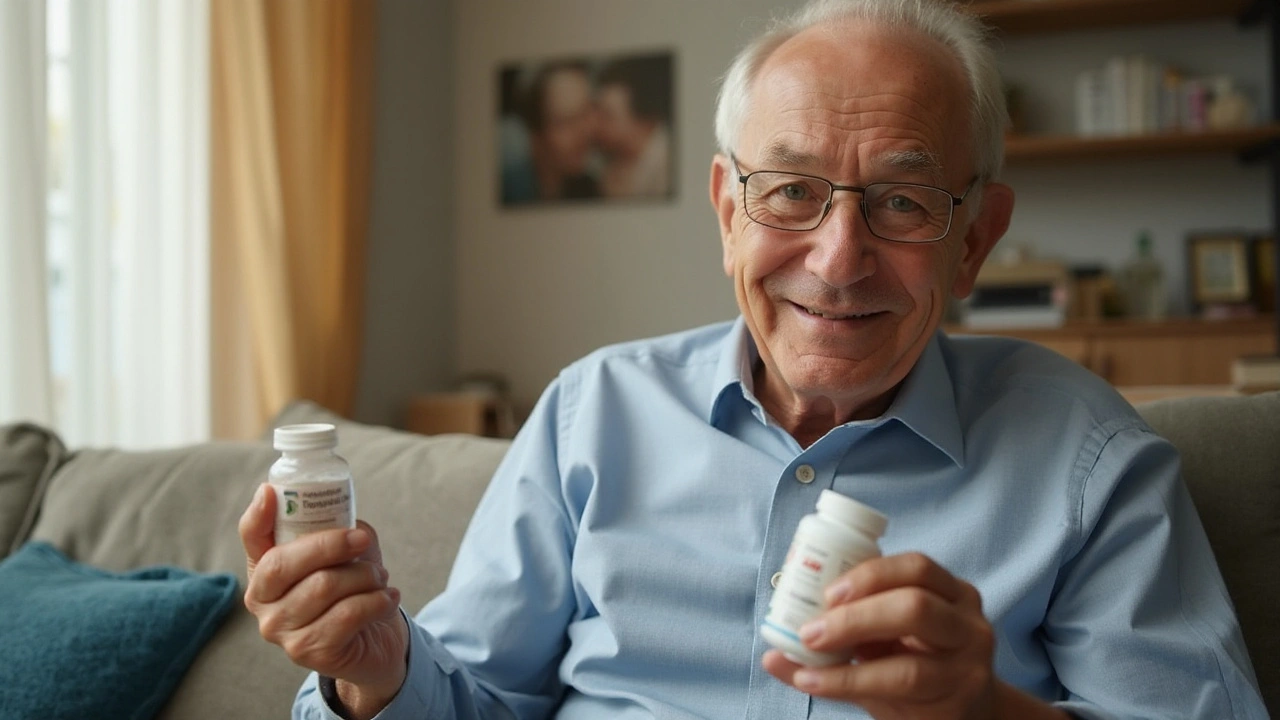COPD: What It Is and How to Keep Your Lungs Healthy
Chronic obstructive pulmonary disease (COPD) is a long‑term lung problem that makes it hard to breathe. It usually shows up as a mix of chronic bronchitis and emphysema, and smoking is the biggest trigger. If you notice a cough that won’t quit, wheezing, or shortness of breath after climbing a few stairs, it could be COPD trying to get your attention.
Living with COPD doesn’t have to mean giving up everything you love. The key is to learn what hurts your lungs and swap those habits for safer ones. Small changes—like cleaning your teeth every day—can lower the amount of bacteria that travel from your mouth to your lungs, cutting down on flare‑ups. Our article "Oral Hygiene and Lung Inflammation" explains the science in plain language.
Simple Daily Habits to Protect Your Lungs
First, ditch the cigarettes. If you’re still smoking, talk to your doctor about nicotine patches, gum, or a quit‑line. Second, keep indoor air clean: use a HEPA filter, avoid strong cleaning chemicals, and let fresh air in when the weather allows. Third, stay active. Light walking or a gentle bike ride improves lung capacity and keeps your heart strong.
Don’t forget your mouth. Brush twice a day, floss, and consider an antibacterial mouthwash. Bad oral health can seed your lungs with germs, raising the risk of pneumonia and COPD flare‑ups. The checklist in our oral‑hygiene article gives you step‑by‑step actions you can start right now.
Nutrition matters, too. Load up on fruits, veggies, whole grains, and lean proteins. Foods rich in antioxidants—like berries, leafy greens, and nuts—help fight inflammation that can worsen COPD symptoms.
Quick COPD Resources on This Site
We’ve gathered a handful of posts that can help you manage COPD more easily:
- Oral Hygiene and Lung Inflammation: Evidence‑Backed Ways to Protect Your Lungs – shows how a clean mouth can lower pneumonia risk.
- Beta‑Alanine: The Secret Weapon to Crush Gym Fatigue and Boost Your Workouts – learn a supplement that might give you extra energy for safe exercise.
- Neurontin Alternatives: Safer Non‑Opioid Options & Dose‑Sparing Combos Explored for 2025 – if you’re on pain meds, see gentler choices.
Every article is written in plain language, so you won’t need a medical degree to understand it. Bookmark the list and dip in whenever you need a quick refresher.
Finally, keep a symptom diary. Write down when you cough, how bad the shortness of breath feels, and what you were doing. Share this with your doctor at each visit. The more detail you give, the better they can adjust your treatment plan.
Managing COPD is about steady, everyday choices. Replace harmful habits with lung‑friendly ones, stay informed with reliable resources, and stay in touch with your healthcare team. With the right tools, you can breathe easier and enjoy life much more fully.

